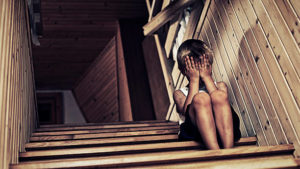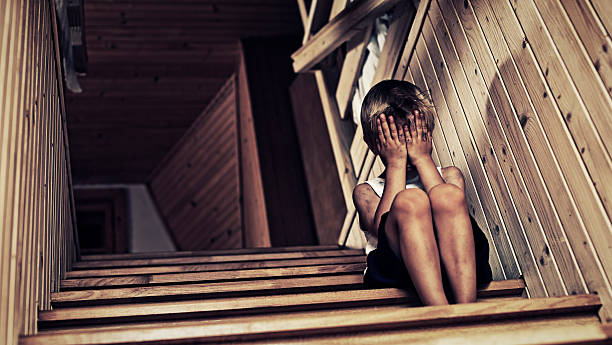Numerous adverse health outcomes have been linked to childhood maltreatment, including mental illness, cardiovascular disease, and premature mortality. A new study suggests that childhood abuse (which was found to have occurred in 44% of the sample population) may also cause more hot flashes, especially during sleep. Results are published online today in Menopause, the journal of The North American Menopause Society (NAMS).

Although there have been many studies conducted to determine the various adverse health effects of childhood abuse and neglect, few have fully examined how maltreatment is associated with the menopause transition. Similarly, despite the fact that hot flashes are the most commonly reported symptom of menopause, there are still many unknowns regarding the factors associated with hot flashes.
Health Issues
Numerous adverse health outcomes have been linked to childhood maltreatment, including mental illness, cardiovascular disease, and premature mortality. A new study suggests that childhood abuse (which was found to have occurred in 44% of the sample population) may also cause more hot flashes, especially during sleep. Results are published online today in Menopause, the journal of The North American Menopause Society (NAMS).
Although there have been many studies conducted to determine the various adverse health effects of childhood abuse and neglect, few have fully examined how maltreatment is associated with the menopause transition. Similarly, despite the fact that hot flashes are the most commonly reported symptom of menopause, there are still many unknowns regarding the factors associated with hot flashes.
Of the studies that have been conducted linking child abuse or neglect with hot flashes, including the Study of Women’s Health Across the Nation, none used physiologic monitoring to confirm the existence or frequency of the symptoms.
This latest study involving 295 nonsmoking perimenopausal and postmenopausal women aged 40 to 60 years with hot flashes is the first to examine the relationship between childhood maltreatment and physiologically assessed hot flashes. The study yielded a number of noteworthy observations, including the fact that the incidence of childhood maltreatment is higher than originally thought. Although some previous studies have estimated at least one in four US women have experienced childhood abuse or neglect, 44% of this sample population reported some form of abuse.
Nonwhite women were more likely to report being abused or neglected, especially physically. Overall, however, emotional abuse was the most frequently cited type of abuse endured. And, in general, women reporting daily hot flashes were younger, less educated, and more often nonwhite than women not reporting these symptoms
Menopause
With regard to menopause symptoms, the study found that childhood abuse was associated with more frequent physiologically assessed hot flashes during sleep. Because hot flashes are linked with sleep problems and other quality-of-life issues, this study underscores the importance for clinicians to routinely screen for trauma history when considering women’s midlife health.
Findings were published in the article “Childhood abuse and vasomotor symptoms among midlife women.”
Source:News-medical


